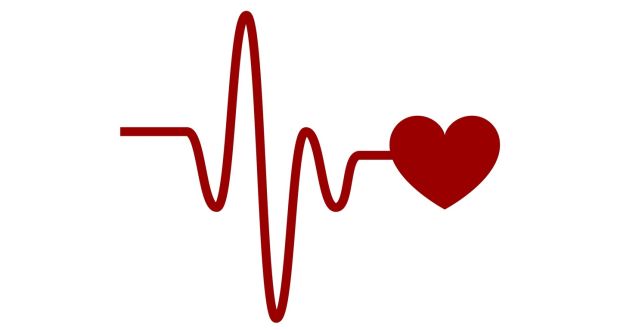- Home
- Sports Brands
- Health Brands
- Sports Nutrition
- Supplements
- About Us
- Blog

High blood pressure..... it's something youve probably heard something about. With it being on the rise in the uk and the world, It's kind of hard to ignore. It''s cost the NHS £2 Billion every year with £850 million could be avoided over 10 years if we in the UK reduce out blood pressure as a nation. It was responsible for around 75,000 deaths in the UK in 2015 according to the Global Burden of Disease report. With it carries the increase risk of heart failure, coronary artery disease and strokes.
Now we know some of the facts and figures lets have a look what high blood pressure actually is. Blood pressure is the pressure of blood in the circulatory system. As you probably know your body needs oxygen. It needs it through out the whole body. Your body does this by pumping blood that contains the oxygen around the body. As this is happening the blood pushes against the sides of the vessels, thus creating pressure. If the pressure is too high its puts more strain on your arteries and heart.
When you get your blood pressure measured you'll get a reading of two numbers for example:
120/80
The top number is the amount of pressure in your arteries during contraction of your heart muscle . This is called the Systolic pressure.
The bottom number refers to the pressure when you heart muscle is in between beats. This is called the Dialostic pressure.
Doctors will try to keep you pressure reading below 140/90 regardless of what age you are.
There are a number of metabolic causes that give you high blood pressure these include
Lifestyle factors linked to high blood pressure include
Dietry factors include
As you can see there is many of reasons why our blood pressure could be high. Its hard to keep on tops of all these things especially with the busy lifestyles we live these days. Making it near impossible to cook everything we eat from scratch makes it hard to keep track of the what we are actually putting in our body. Unless you have the time to read every label of everything you eat. Some causes are unavoidable like the metabolic causes. But fear not! There are things we can do to help decrease out blood pressure
I hear you shouting at the screen "TELL ME!!!"
Firstly try to make time for some exercise if you already aren't doing, maybe start cycling or walking to walk. If that is out of the question you can reduce your blood pressure by adding some supplements into our daily routine.
First although it isnt a supplement is very effective :
Beetroot Juice ; 250ml of beetroot juice a day may help reduce blood pressure to normal levels by increasing nitric levels it relaxes your blood vessels therefore reducing blood pressure
Co-Q-10/Ubiquinol - Co-q-10 is a vital enzyme critical in the production of cellular energy. Healthy levels of co-q-10 are associated with a strong pumping action of the heart and a reduction of resistance in blood flow. Ubiquinol is the 'reduced' version of co-q-10 and requires no conversion in the body. Making it more effective
We can then add additional support to these by taking other supplements on top of them.
Pycnogenol - Maintains a healthy circulation. Increases vasodilation (decrease in BP)
L-Arginine - Needed to make nirtic oxide Which allow blood vessels to dilate
Flaxseed/Fish Oil - Omega 3 rich supplements can help lower blood pressure by dilating blood vessels
Comments will be approved before showing up.